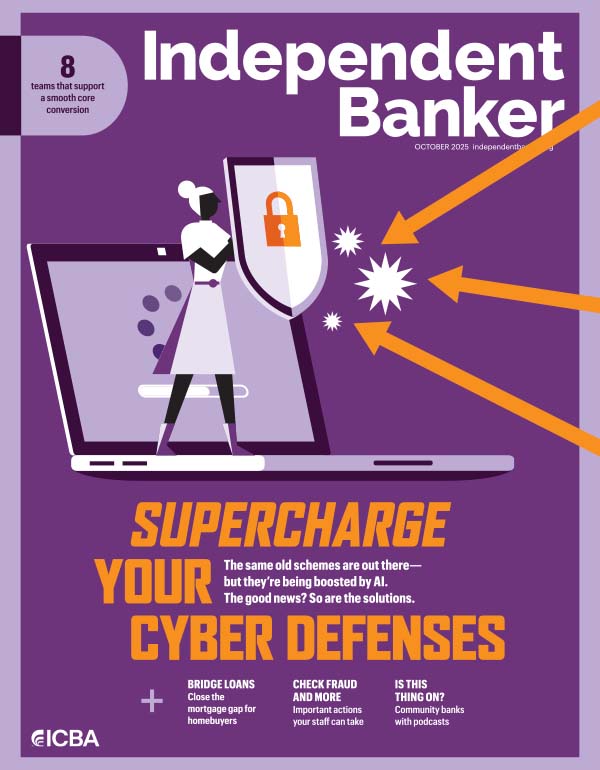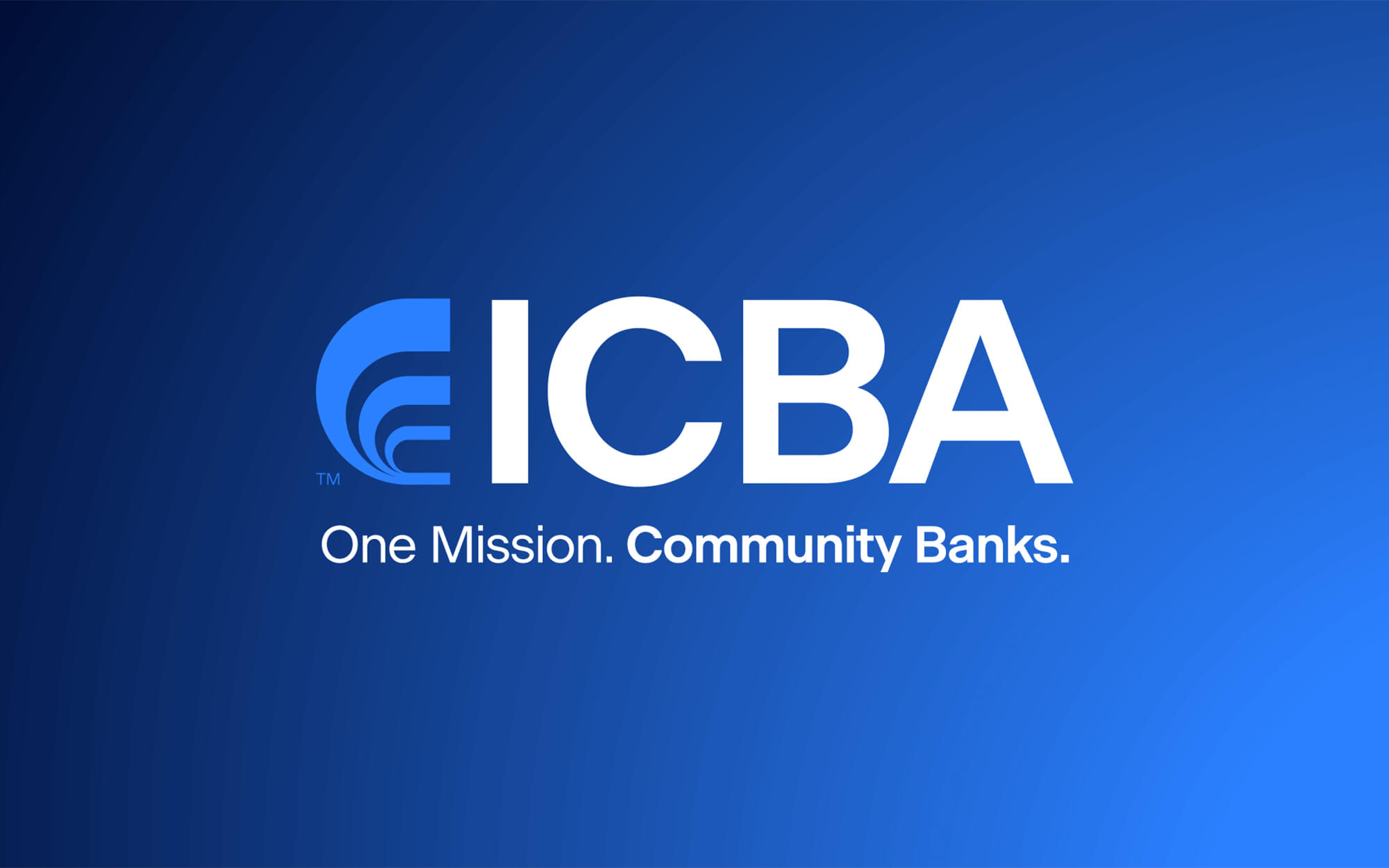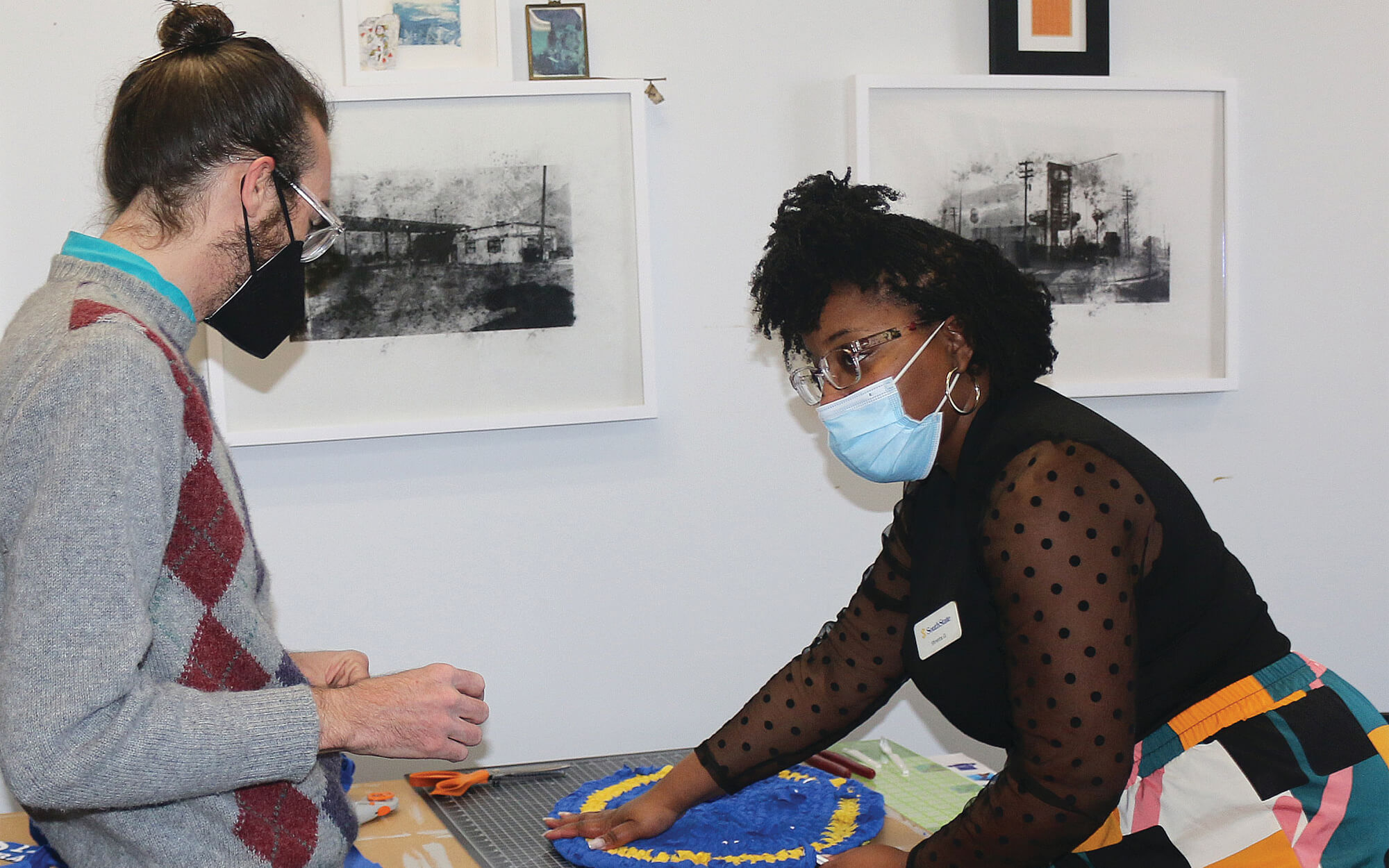As teams, how well do we work under pressure? The ICBA Community Banker University team recently had a chance to think about that when, at our annual strategy and teambuilding meeting, we found ourselves locked in an escape room.
Whether you’ve done one or not, we all know the premise of escape rooms. A group is locked into a space—real or virtual—and, against the clock, its members solve clues and puzzles to get out. While on its face that may sound like a fun activity, our escape room experience also turned out to be a great learning opportunity. The morning after we successfully managed to escape, we spent time debriefing—and learned a lot about ourselves in the process.
So, what were our main takeaways?
1. Most importantly, we were stronger together. The object of the exercise was clearly articulated from the outset, and we had to collaborate to accomplish our goal. That meant leaning into each other’s strengths. One teammate, for example, was better at deciphering Morse code, while another excelled at scouring the space for physical clues.
2. We also had to trust each other. Our escape room had two adjoining sections, and some of the puzzles required team members to be in separate sections, communicating with each other to solve a riddle. When one told another to “crank the handle faster,” the other had to trust them and crank faster.
3. It helped to be methodical. That meant doing things in order and slowing down when things got tricky. As we progressed, we realized it was important to take notes, so we assigned a notetaker to document the important clues and steps we needed to accomplish.
Taking the time early on to assess our surroundings helped us better understand what we were up against. We quickly discovered it was easy to get discouraged, and it took us almost 22 minutes (out of the allotted 60) to gain traction. But when we stopped to review, explore the room and talk things through, we were able to proceed on more solid footing.
Before we started, the game master had said that we could ask for hints, but we didn’t ask for help until 30 minutes had elapsed. In hindsight, we should have admitted our limitations and asked for a hint sooner.
4. Thinking outside the box turned out to be critical. One puzzle asked us to link rings together to remove a key from a tiny hole—something that didn’t seem logical—but someone’s outside-the-box thinking helped solve it.
We made it out of our escape room with only minutes to spare! But that didn’t stop us from cheering each other on and celebrating our success. Life is too short not to celebrate the wins—especially when the whole team contributed to its success. And perhaps that was the most important lesson of all.






